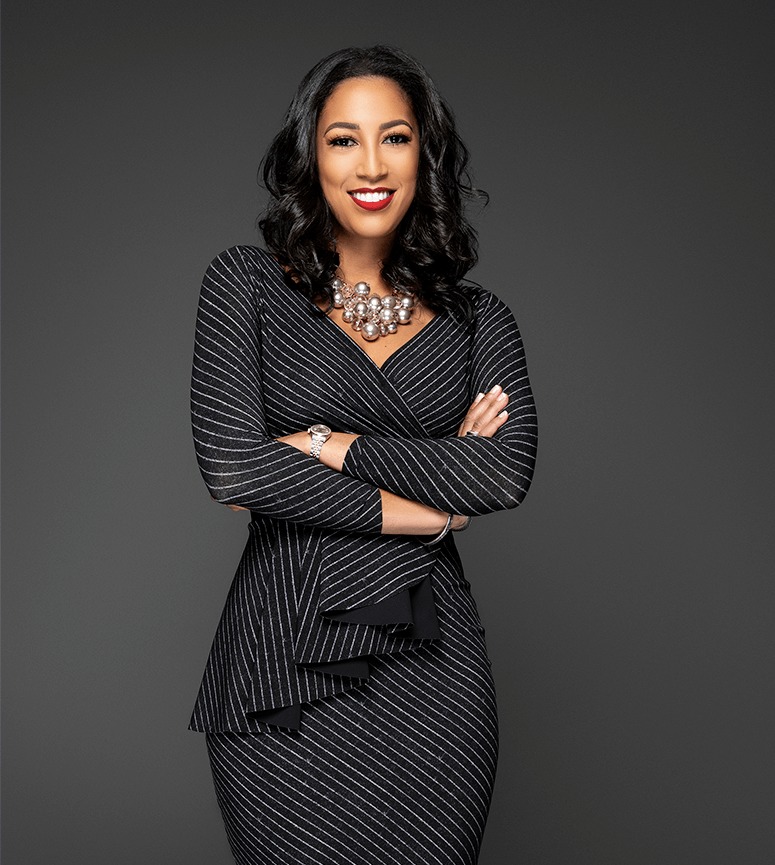Atlanta Premises Liability Attorney: Slip and Falls, Negligent Security, Falling Merchandise
When you get hurt on a commercial property, this is considered Premises Liability. Commercial property can be anywhere where you are an invitee, or when a landowner (business owner) invites you onto their property for financial benefit to them. Any store where you can purchase goods, a gas station, or an apartment complex are good examples of commercial property.
When you are in an unfamiliar store, restaurant, office building, parking lot, or other public spaces, you’re extremely vulnerable to all types injuries created by hazardous conditions on the property. Victims can suffer serious bodily harm when the owner, operator, or other party in control of the premises doesn’t keep it safe for others. Though you may know that you have rights as a victim, you’re probably not sure how to enforce them. Sometimes a landowner can be responsible for the actions of a third party because the landowner has a non-delegable duty to keep you safe from known hazardous conditions, including third parties.

At The Brice Law Firm, our lawyers are here to shoulder the legal burdens associated with protecting your rights in an injury on a landowner’s property. These cases are complex and involve complicated legal issues that are often never resolved without extensive litigation. You will need an aggressive legal team to ensure your rights are protected and your claim is resolved with the compensation that you deserve. Contact our office today to set up a no-cost consultation with an Atlanta premise attorney right away. You may also find it useful to review some important information.
Call (404) 445-6666 for a Free Case Evaluation
Liability in a Premises Liability Case (Slip and fall, falling merchandise, negligent security)
As with many personal injury claims, negligence is at the root of most premises accidents. The concept of premises liability applies, which means you need to prove: [prongs 1 & 2 are very difficult to overcome and extremely complicated to prove]*
- The property owner had a duty to keep the premises in reasonably safe condition*;
- That person or entity breached this duty by careless actions or the failure to address hazards*;
- The breach of duty was the direct cause of your injuries; and,
- You suffered losses because of being hurt.

FAQs About Premises Liability Claims
What compensation can I recover when I am injured on commercial property? If successful in proving the essential elements described above, you may be entitled to monetary damages for a wide range of losses. For instance, you could recover compensation for:
- Your medical costs;
- Lost income, if you were unable to work because of your injuries;
- Pain and suffering; and,
- Losses based upon how your injuries affect your relationships with loved ones.
Are there any time limitations on a premises liability case? Yes, Georgia has a statute of limitations for personal injury claims, including slip and fall cases. You must file a lawsuit in civil court within two years after you’re hurt to recover compensation for your losses. If you don’t, you lose your right to seek monetary damages.
What should I do if I’m hurt in a premises liability accident? If you are involved in a premises liability accident, there are certain things to keep in mind in the immediate aftermath and days that follow. Your actions can have a significant effect on your claim, so make sure you:
- Seek medical attention right away if you’re injured, for your well-being and your injury claim against a negligent property owner;
- Avoid making any detailed statements concerning fault, since any admissions can lead the insurance company to deny your claim;
- Get names of owners and managers of property, as they may be potential parties when you’re seeking to enforce your rights to compensation;
- Using your cell phone, take good pictures of the scene and your injuries;
- Save footwear and clothing, which can provide additional evidence about the dangerous conditions that led to your injuries; and,
- Write names of witnesses who can corroborate your side of the story, as they can provide a credible account of fault.
While these are important To-Do’s, you should keep in mind one key DON’T: Never give statements, especially recorded statements, to an insurance adjuster. This employee of the insurance company is trained to find reasons to deny your claim, and your own words could provide the grounds necessary to reject payment. Instead, contact an attorney who can discuss your claim and deal with the insurance company.

